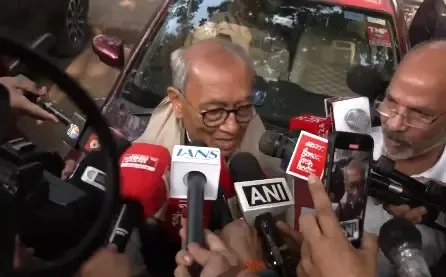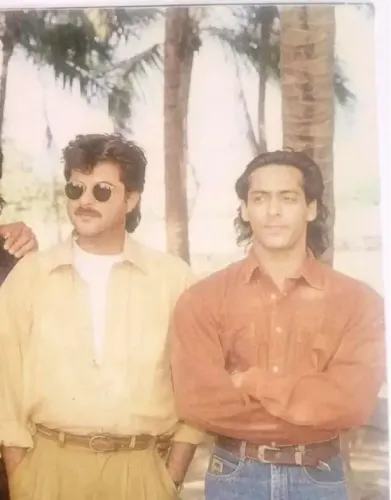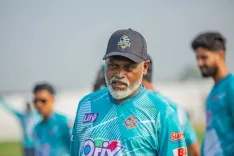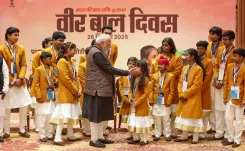Did the HC Criticize the Prosecution for the 11/7 Acquittal?
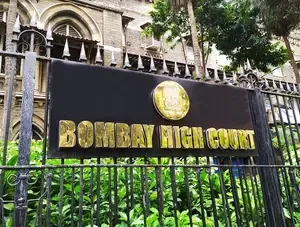
Synopsis
Key Takeaways
- High Court criticized prosecution's failure
- 12 accused acquitted after 19 years
- Bomb type evidence was lacking
- Confessions deemed inadmissible due to torture claims
- Call Detail Records not shared with the defense
Mumbai, July 21 (NationPress) The Bombay High Court criticized the prosecution's inability to establish the type of bombs utilized in the 2006 Mumbai train blasts, leading to the acquittal of 12 accused. "The prosecution has utterly failed to establish the offence beyond reasonable doubt against the accused on each count," remarked Justices Anil Kilor and S. Chandak.
On July 11, 2006, a series of seven bomb blasts shook Mumbai local trains, causing chaos in less than 11 minutes.
This horrific terror attack resulted in 189 fatalities and left around 800 individuals injured.
Of the 12 individuals initially convicted, five received death sentences while the others were sentenced to life imprisonment.
The High Court's acquittal represents a significant setback for the investigative agencies, as Justices Kilor and Chandak noted a failure to present evidence concerning the type of bombs involved.
"The circuit boards seized from Mohd. Faisal Shaikh and Mohammad Sajid Margub Ansari do not aid the prosecution in establishing the current offence due to a lack of evidence regarding the bomb types used," stated the High Court.
The Justices further indicated that, despite the prosecution introducing a technical report on the circuit board, it did not prove the types of bombs used, rendering the evidence irrelevant.
Moreover, on Monday, the 12 accused—who had spent 19 years in prison—managed to demonstrate in the High Court that they had endured torture to extract confessions.
Consequently, the High Court deemed these confessions inadmissible, emphasizing, "The prosecution failed on all tests pertaining to the voluntariness and truthfulness of the confessions."
The prosecution's case was further weakened by its failure to provide the defence with crucial Call Detail Records that were essential to the charges.
In 2015, a special court convicted the 12 accused, sentencing five to death and the remaining to life imprisonment.
The convicted included Faisal Shaikh, Asif Khan, Kamal Ansari, Ehtesham Siddiqui, and Naveed Khan, who challenged their sentences in the High Court.
The prosecution asserted that the attack was orchestrated by Pakistan's ISI and executed by the Lashkar-e-Toiba, with assistance from the banned Students' Islamic Movement of India.



